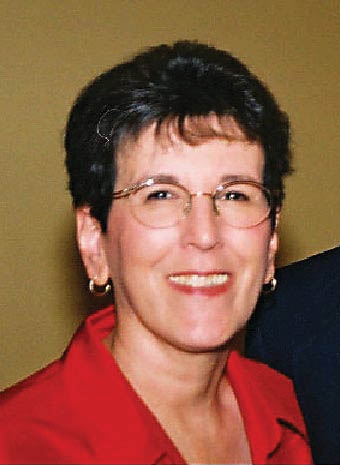To address the severe behavioral issues of a child, here are some strategies we’ve used:
1. For a child with terminal shpilkes who cannot stay put on the bimah, let the rabbi declare that the entire sanctuary serves as the bimah and the child can speak from anywhere in the room.
2. For a child who has tactile sensitivity, for goodness’ sake, don’t have him or her wear a brand-new outfit with scratchy or other distracting elements!
3. For this child, remind the rabbi, cantor or board member who presents a certificate or gift that this child should NOT be touched, hugged, kissed, taken by the shoulders, etc.
4. For a child who is calmed by music, let him or her wear an iPod with earphones in between moments when he or she must “perform.”
5. For a child who needs visual cues, practice ahead of time (much, much practice) and have the cues at the reading table to guide this child.
6. For a child who speaks out impulsively, have the rabbi explain at the very beginning that this child has been encouraged to express his or her feelings on this day, and we hope everyone will accept the impromptu prayers of this child’s heart.
7. There are more ideas, but the most important one is to have a plan B in case a child with severe behavioral issues simply cannot remain in the sanctuary. We’ve had family members and friends step in if the child leaves and lead a prayer by saying “And now, I am honored to speak on behalf of (child’s name) and lead you in the …”
While I would love for every single child to have a Shabbat morning bar/bat mitzvah, there are many children with special needs who will be calmer, more confident and more at ease in a smaller, intimate service on a Monday or Thursday morning. It is only a “second-class experience” if we present it as such.
Becca Hornstein is the executive director of the Council For Jews With Special Needs in Scottsdale. For more information, contact her at (480) 629-5343 or at
becca@cjsn.org. Visit the agency’s website at cjsn.org.






